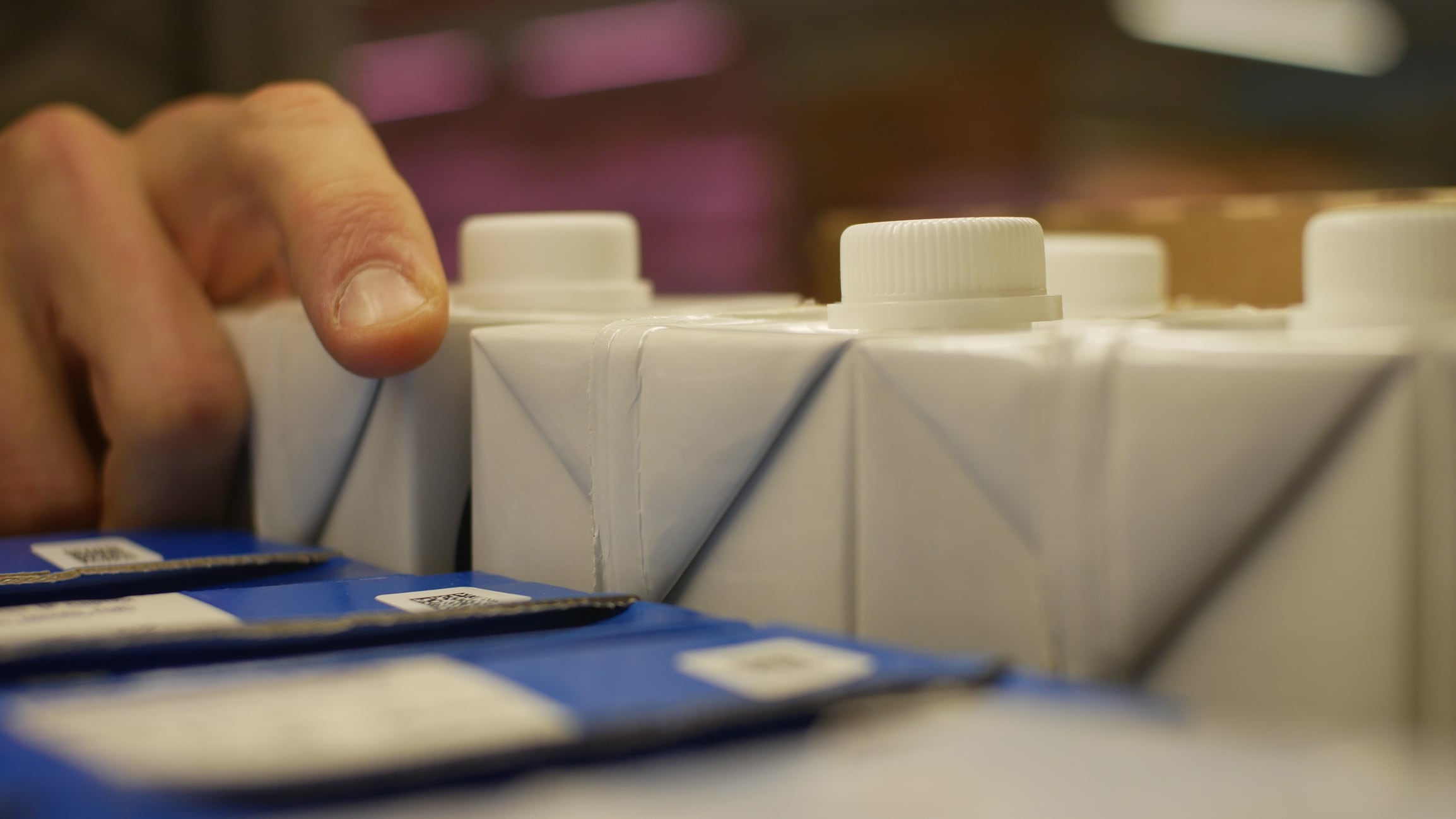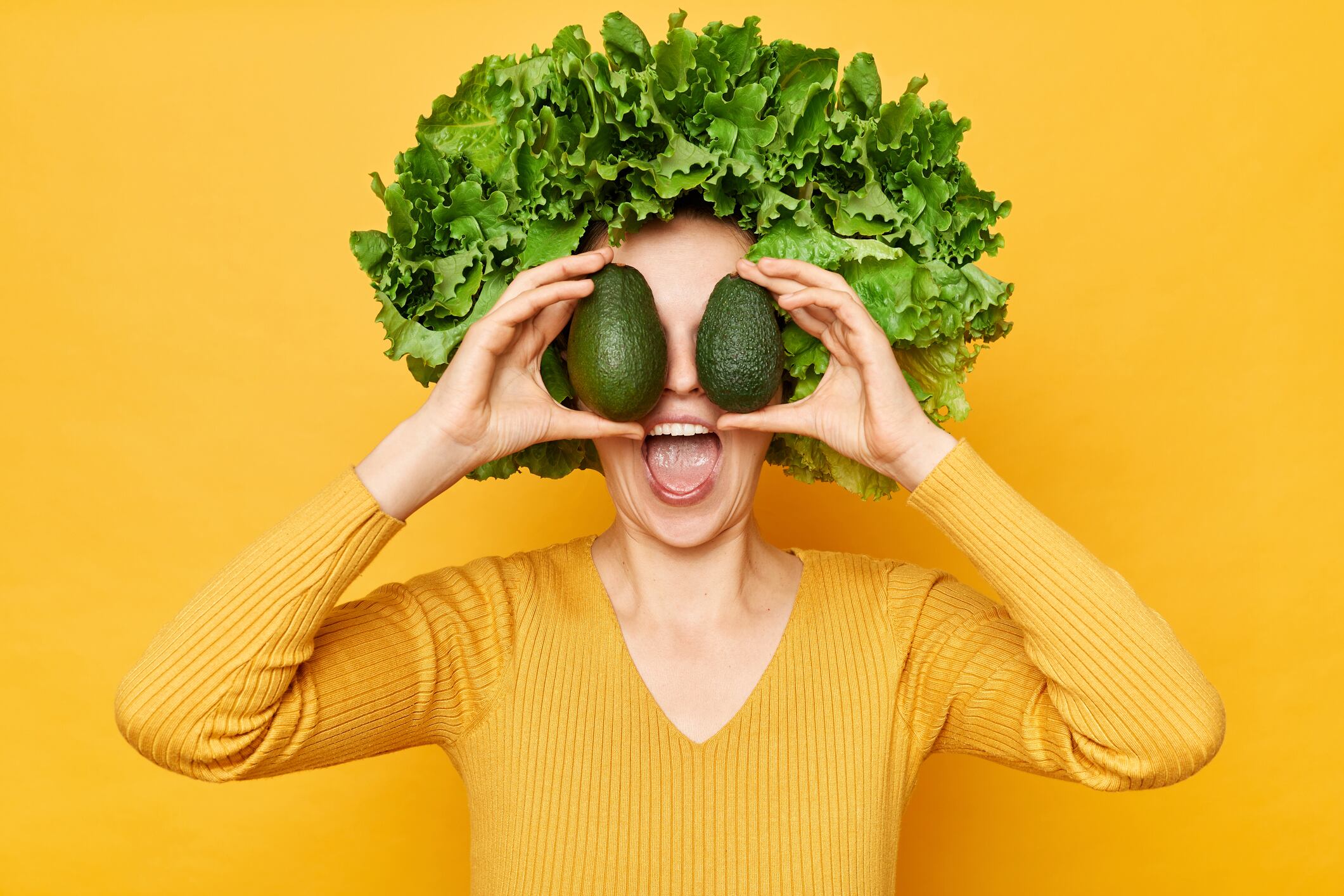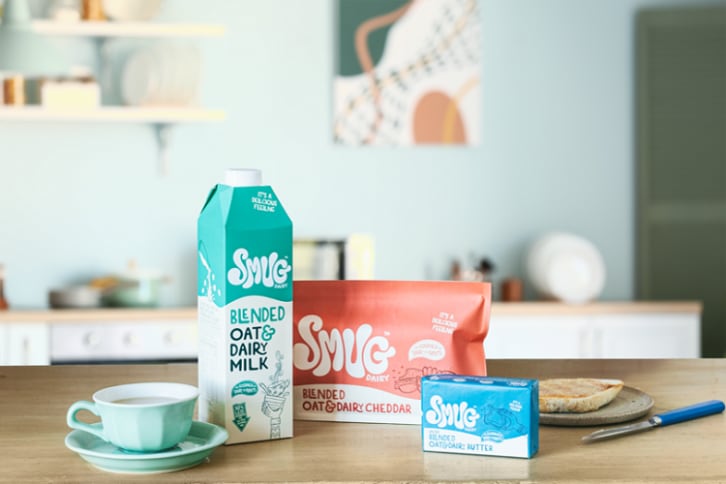What’s driving the shift from plant-based to hybrid dairy? Summary
- Europe’s plant-based food retail market was worth €5.8bn in early 2020s
- Market value has declined and major brands like Mighty Drinks exited
- Flexitarians may prefer traditional dairy for taste affordability and health
- Hybrid dairy blends plant-based and dairy ingredients and is gaining traction
- PlanetDairy acquired Stockeld Dreamery tech to accelerate cow-free cheese plans
Plant-based dairy was once all the rage. In the heyday of Oatly and Danone-owned Alpro (Silk in the US), the plant-based dairy aisle was extensive. And not just full of alternative milks, but also ice cream, cream, and even creme fraiche. Back in the early 2020s, Europe’s plant-based food retail market was valued at €5.8bn.
Fast forward to today, and the picture looks very different. Retail market value has declined, and the number of players has thinned. Brands that have exited include Mighty Drinks and Arla Foods’ Jörd in the UK, as well as Stockeld Dreamery in the US.
It turns out flexitarians no longer want to replace dairy or meat in their diets, says Sorosh Tavakoli, co-founder and CEO of Stockeld Dreamery. “They’re happy with traditional dairy, which they find tasty, affordable, and healthy.”
The category that’s now attracting interest is hybrid – blending dairy with plant-based ingredients. Despite early teething problems, signs suggest it’s gaining ground, not least thanks to technology borrowed from plant-based dairy.
Why a hybrid dairy brand is buying plant-based tech
The shift towards hybrid is making headlines. In news set to bolster the hybrid dairy segment, PlanetDairy has announced it’s buying IP from the no longer operational Stockeld Dreamery. Exact details haven’t been revealed, but PlanetDairy – which sells hybrid cheese brand Audu – says it’s acquiring “selected production equipment” and “technical know-how”.
Stockeld Dreamery was best-known for its “meltable” plant-based cheese technology, which has caught PlanetDairy’s eye. “Meltability of the cheese is one of the elements we will be able to take advantage of,” says Jacob Skovgaard, founder and CEO of PlanetDairy. “But there are several other pieces as well.”
Succeeding in hybrid dairy – and once precision fermentation is available at scale, cow-free dairy – means piecing together a complex puzzle. That’s where Stockeld Dreamery’s technology comes in for PlanetDairy. “There are many small steps,” explains Skovgaard, likening moves away from cow-free dairy to moves away from internal combustion engines. “It took two decades to develop electric vehicles that are fully match or exceed combustion engine vehicles.”

Stockeld Dreamery had been heavily investing in R&D for years, and its team of 14 scientists had worked with plant ingredients and fermentation to deliver a taste and functionality Skovgaard likens to dairy, or says it “comes close”. “By integrating this know-how with our own, we are able to improve our products and shortcut some of the work we’d been planning.”
And importantly, it speeds up PlanetDairy’s plans to partner with industry customers like pizza manufacturers, and makers of cheese and fresh dairy in finished products such as ready meals.
What does the future hold for hybrid dairy?
Eventually, PlanetDairy wants to replace traditional dairy with precision fermentation-derived ingredients in hybrid products, ultimately creating completely cow-free cheese.
But in the meantime, it’s doubling down on its Audu brand to bring hybrid dairy to the masses. PlanetDairy sells Audu hybrid cheese in the Netherlands, and through a partnership with Dutch retailer Albert Heijn, is selling a private label hybrid milk range.

Hybrid dairy is at an inflection point. The category has struggled to get off the ground, with hybrid products from Live Real Farms in the US and Triballat Noyal in France coming off shelves. The most recent example was in the UK, where Kerry launched its hybrid dairy brand Smug. Poor sales informed a pivot to 100% dairy.
But PlanetDairy remains optimistic about the category’s potential. Firstly, its products don’t shout about being hybrids. In fact, it chooses to avoid the term completely.
Secondly, it’s focusing on the dairy benefits of its products, like taste, functionality and nutrition, explains Skovgaard. And finally, the company’s leaning into key benefits of hybrid, which can mean products include less saturated fats or more fibre than conventional dairy. “For retailers and industry customers, it’s a bit more simple. It’s about cutting Scope 3 emissions.”
As to how the hybrid dairy concept is performing for PlanetDairy, Skovgaard says private label contracts and industry sales are building: “We are looking at very significant growth rates”.





